
Introduction
Most cases of PCOS and ovarian cysts are connected. For those who do not know, PCOS stands for polycystic ovary syndrome and it is a medical condition characterized by the development of more than cyst on the ovary. This is why these two medical conditions are almost always connected. PCOS usually gets developed because sometimes certain irregularities during the ovulation may occur. If there are any irregularities in the process of ovulation, they disturb the normal body cycle and the production of different types of hormones in the human body gets decreased or increased, depending on the case. All these occurrences lead to the development of multiple cysts on the ovaries. When a woman suffers from ovarian cysts or PCOS she usually experiences a series of symptoms and signs. Lack of ovulation usually occurs in most cases of ovarian cysts or PCOS. Other common symptoms may or may not include obesity, acne, baldness, abnormal sprouting of hair and disruption of the menstrual cycle. All these symptoms are commonly triggered by elevated levels of hormone called androgen. For those who do not know, androgen is considered as the male hormone. Some cases of PCOS may also be associated with temporary infertility. Older women and those who are menopausal may experience cancerous cysts on the ovaries, so it strongly advised to always undergo regular checks. The exact causes of ovarian cysts or PCOS are largely unknown, but certain scientific studies have shown that they actually occur when the follicles which contain the immature ovum get damaged. This damage is triggered by exposure to certain types of toxic substances known as xenobiotics. These substances are very harmful because they damage the aforementioned follicles and have a negative effect on the production of progesterone. Progesterone is the female hormone.
Treatment Options
Women who suffer from ovarian cysts or PCOS are commonly prescribed with certain types of medications. They are efficient when it comes to balancing the disturbed levels of hormones because they themselves are made from hormones, but once a person stops taking them, ovulation irregularities may occur again. Those who suffer from PCOS or ovarian cysts should steer clear of all different types of fatty foods. The highest quality foods need to be chosen, which commonly includes organically and naturally grown food items. Raw vegetables should be preferred over starchy vegetables. Sugary fruits and vegetables also should not be ingested in large amounts.


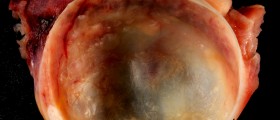


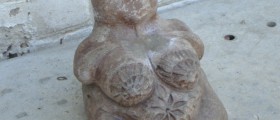
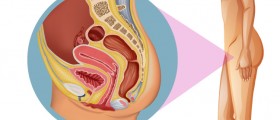

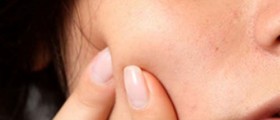

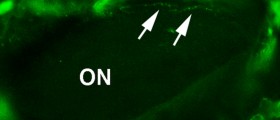

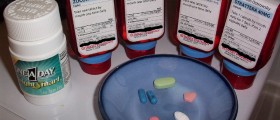




Your thoughts on this
Loading...